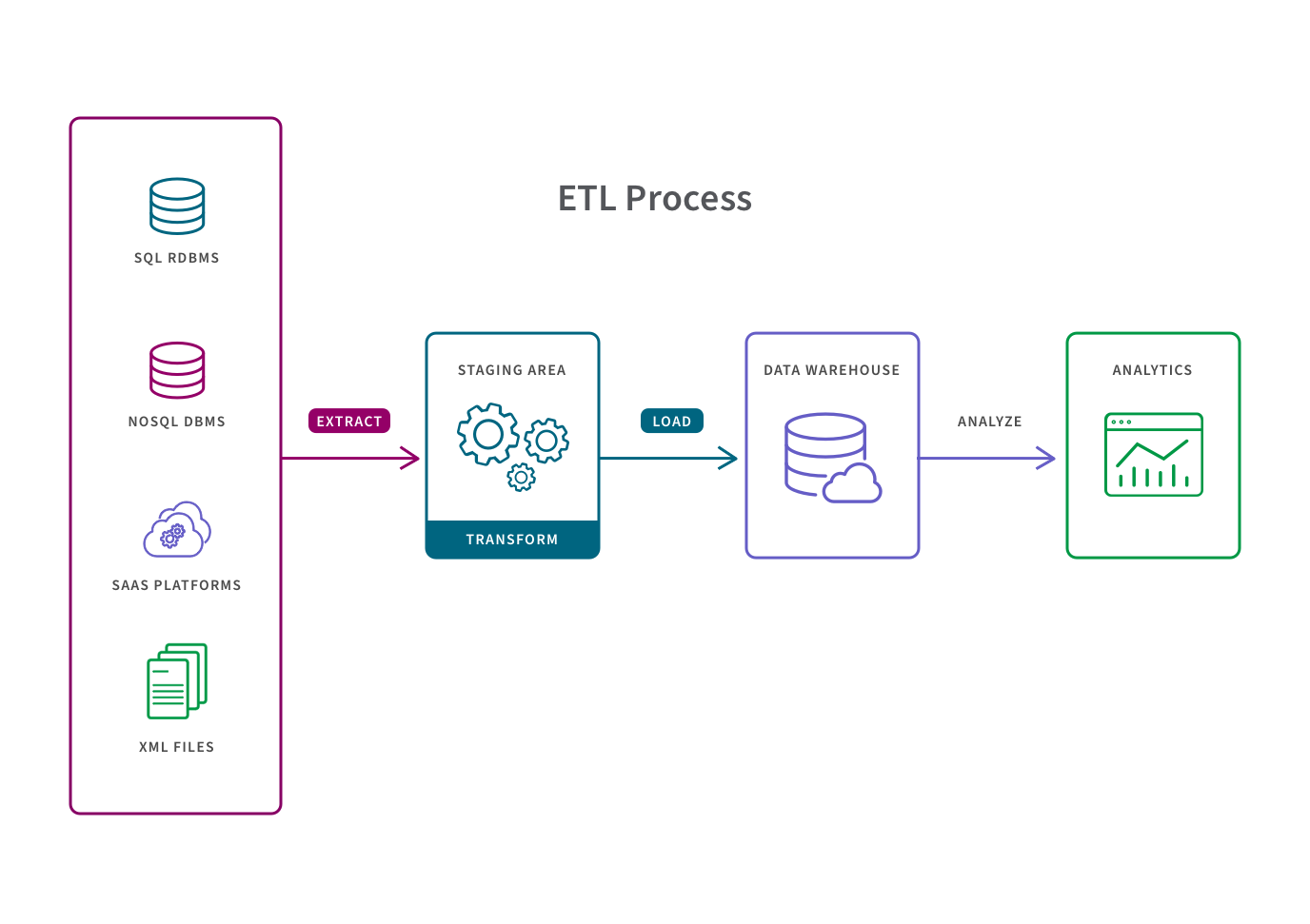"Effective ERP implementation demands a balance of technology and human factors, facing challenges on both fronts."
The implementation process can be challenging because it can fundamentally change the way business is conducted throughout the corporation. Requesting employees to modify their work habits, which is never an easy task. In general, people are resistant to change. The project management team must be extremely strong and relentless to ensure that the new system is adopted and implemented. It is only through such steadfast efforts that the implementation can achieve success and align with the business requirements of the organization.
Significant ERP Implementation Challenges
In this blog, we will look at 5 common ERP challenges and what you can do to get ahead of them.
1. Project Management
The software project, upon implementation, will traverse various phases: research and planning; design, development, data migration, testing, deployment, support, and post-completion updates. Each phase entails pivotal responsibilities, and the harmonization of all facets demands scrupulous management. Furthermore, during the project deployment phase, the participation of personnel from diverse departments is imperative, necessitating meticulous task allocation within each department to successfully conclude the ERP project.
To efficaciously govern the project, an enterprise must articulate precise objectives, delineate implementation timelines, and foster robust collaborative relationships within the project deployment team. Moreover, the management of change constitutes a pivotal responsibility for the project manager throughout the project's execution.

2. Managing Budget Overruns
Numerous enterprises continue to hold the belief that the time and budget required for ERP implementation are not overly extensive until unforeseen circumstances emerge. The primary scenario leading to budgetary exceedance is the incorporation of extra features not initially included in the original plan.
Formulating a well-defined and comprehensive plan right from the start can enable businesses to sidestep the aforementioned issues. A plan that can foresee potential challenges and offer solutions will streamline the implementation process, ensuring the project stays on course.
3. Data Integration
The organization's consolidated and precise database stands out as a key advantage of ERP software. Successful implementation of ERP hinges on the meticulous migration of data, involving the transfer of information from multiple existing systems into the singular database of the ERP solution. This necessitates the collection of data from diverse and dispersed solutions within the business, including some deeply embedded within accounting systems or department-specific applications. Consequently, the transfer of data requires meticulous planning and careful handling to ensure a smooth and prompt implementation of ERP.
4. Planning The Transition
To succeed in the ERP system transition, a practical and clear plan is crucial. Preparing data before integration involves significant tasks such as removing duplicates, adding missing information, and data validation. Eliminating duplicate data and supplementing missing values before transferring to ERP is essential for system efficiency. Proper task allocation is vital, like assigning financial data handling to the accounting department and having the HR department "clean up" personnel data.
5. Change Management Style
The deployment of ERP involves more than just transitioning to a new software system; it may require comprehensive changes in business operations and manufacturing to fully leverage the effectiveness of the new solution. Therefore, if employees do not adapt their work processes and management practices accordingly, no matter how modern the new system is, it will not yield the desired results.
Hence, when implementing an ERP system, support from leadership and relevant departments is crucial. Furthermore, effectively communicating the features and benefits of the new ERP to stakeholders, especially end-users, needs to be carried out rigorously and regularly. Additionally, it is essential to ensure that all users are trained and provided with comprehensive support to facilitate their seamless adoption of the system.
Apart from the big hurdles we mentioned earlier in rolling out ERP, there's this ongoing hassle of making the system better all the time. Businesses gotta keep their eyes on this because they're always growing and shifting with the market. As new needs pop up, businesses have to tweak or totally revamp their management systems to stay on top of things.
With deep understanding and extensive experience in the field of implementing ERP projects for businesses, Sota Solutions will help you evaluate and find the right solution for your business, please contact us here.
